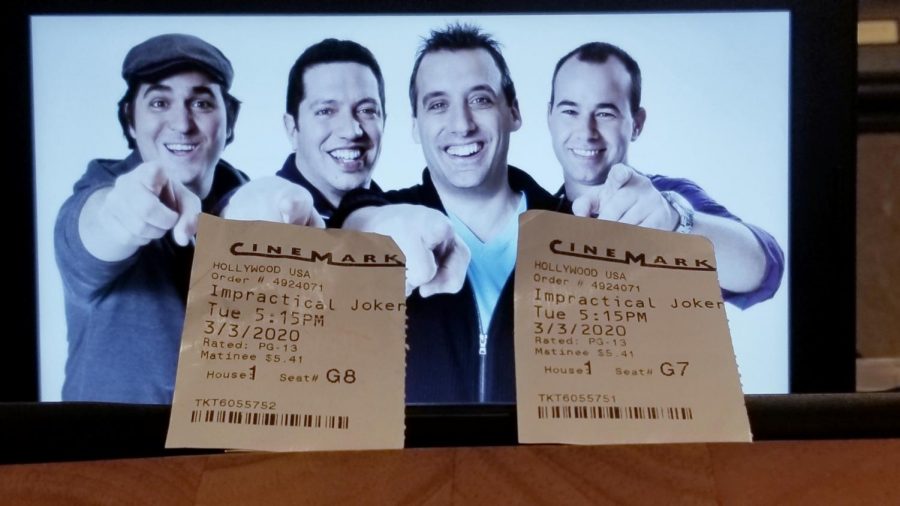On June 17, 2011 USC Viterbi of Engineering released the results of a study done on rats to further uncover the mysteries of dementia and Alzheimer’s.
Professor Theodore Berger of USC recently finished an experiment, with the help of Wake Forest University, where he used an electronic system that duplicated the neural signals concomitant with memory so they could imitate the brain function in rats associated with long-term learned behavior, even when the rats had been drugged to forget. Berger used pharmacology and physiology to analyze how the hippocampus, sub regions CA3 and CA1, changes when dealing with long-term and short-term retention. Their study found that if you have no activity from the hippocampus, you can have short-term memory but no long-term. Berger and his team then applied their newfound knowledge into generating an artificial hippocampus with the help of a prosthetics research team. This artificial hippocampus duplicates the pattern of interacting between CA3-CA1 interactions. The team then set up their original experiment using the artificial hippocampus, and the rats that had been pharmaceutically drugged to have no CA3-CA1 interactions had long-term memory along with the previous short-term memory.
Questions and Answers with Mrs. Usnick and Mr. Parrish-
1) Do you believe that the new scientific research on long term memory deletion and restoration will benefit the researching of dementia and Alzheimer’s? Why?
Usnick : “Yes, it has to have some impact on these diseases and the way we can treat them in the future. Everything we learn moves us inches closer to helping people and learning how our bodies work. It may be only a step in a process that leads us to a totally different therapy, not involving the chip at all…it’s funny how science works!”
Parrish: “I believe understanding and manipulating long term memory by the use of a prosthetic for dementia and Alzheimer’s patients could be of benefit for future research. The benefit would be that understanding how Alzheimer’s affects the hippocampus and ultimately how to “turn off” the disease’s debilitating symptoms could open future inquiry.”
2) Do you believe learning how to cause the problem will aide in learning how to fix it? Why?
Usnick: “This is usually the way biology is done. In deciphering the proteomes of organisms, we use the same technique. You want to know what a gene does? Mutate it, mess it up. See what it changes in the organism. This right here is why animal research is so important; you can’t do this to human embryos. So flies and worms and mice can get us answers to save human lives.”
Parrish: “Knowing the exact cause of how Alzheimer’s presents itself can allow scientists avenues to develop preventative measure and new treatment options for patients.”
3) Is Theodore Berger’s research a surprise and further evidence of the dramatic changes in biomedical and chemistry engineering? In other words, was this something expected to happen or is it kind of “out of this world”?
Usnick: “I’ve been waiting for it!! Actually he’s not the first to develop ways to delete memory, but it’s an interesting new twist. I remember 5 or so years ago reading that we would be able to download information to the brain in ten years. Well, here’s the chip! Next comes the application…! Now comes the truly difficult ethical decisions…what limits will we put on the use of such technology when it becomes available?”
Parrish: “I believe that Dr. Berger’s research shows how technology has aided in the exponential growth of understanding how the brain ultimately works.”






